In today's unpredictable world, every organization faces its share of challenges, and having a solid crisis management plan is crucial. This proposal outlines a comprehensive strategy designed to navigate turbulent times, ensuring your team remains resilient and prepared. By understanding potential risks and establishing effective communication channels, we can minimize disruption and uphold your reputation. Ready to explore how we can safeguard your organization? Read on to discover our detailed approach!
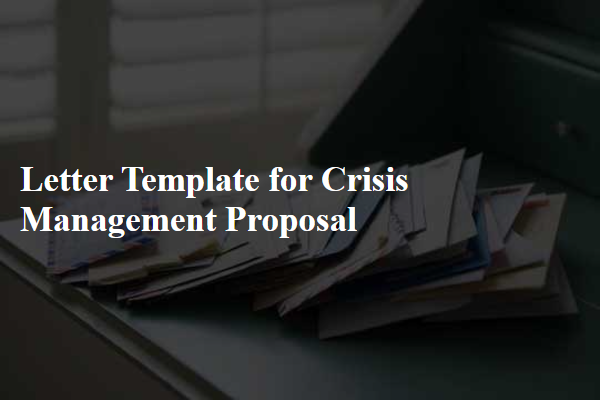
Executive Summary
In the rapidly evolving landscape of crisis management, this proposal outlines a strategic framework aimed at enhancing organizational resilience against unforeseen disruptions. Recent events, such as natural disasters (Hurricane Ida, 2021), significant cybersecurity attacks (Colonial Pipeline Ransomware, 2021), and public health emergencies (COVID-19 pandemic, 2020-present) have underscored the necessity for robust preparedness protocols. This initiative will involve comprehensive risk assessment, targeted training programs, and the establishment of a dedicated crisis response team across multiple sectors, including corporate governance, public relations, and operational continuity. By prioritizing proactive measures and fostering a culture of readiness, the organization can effectively mitigate potential damage and maintain stakeholder trust, ultimately safeguarding financial stability and long-term success.
Situation Analysis
In the context of crisis management, a thorough situation analysis is essential for effective decision-making and response strategies. The recent natural disaster, Hurricane Delta, which struck Louisiana in October 2020, serves as a pertinent example. This Category 2 storm caused extensive damage, impacting approximately 200,000 residents in coastal areas such as Lake Charles. Infrastructure damage included roads and bridges, complicating evacuation efforts and emergency response. Public services, including telecommunications and power, faced outages lasting days, creating significant challenges for communication and safety. Additionally, the psychological impact on affected communities, seen through increased reports of anxiety and stress-related disorders, necessitates a comprehensive approach to mental health support. Analyzing the interplay between these factors can guide policymakers in developing preventive measures, resource allocation, and community outreach initiatives for future crises.
Proposed Strategies
A comprehensive crisis management proposal encompasses several strategic initiatives designed to mitigate risks and enhance response efficiency. For instance, establishing a clear communication plan detailing spokespeople and protocols during a crisis facilitates transparency and builds public trust. Regular training exercises conducted at various locations, such as corporate headquarters or regional offices, can prepare teams effectively for potential scenarios like data breaches or natural disasters. Implementing a robust risk assessment framework, which includes identifying critical vulnerabilities and potential impact assessments, ensures proactive measures are in place. Utilizing advanced technologies for real-time monitoring and response, such as surveillance systems and digital dashboards, equips organizations to act swiftly and informed. Finally, engaging with stakeholders--employees, customers, and the community--through feedback mechanisms promotes resilience and collaboration during challenging times, fostering a supportive environment essential for recovery.
Implementation Plan
A comprehensive crisis management proposal should include a detailed implementation plan outlining key strategies and actions for effective response. The plan should address critical elements such as stakeholder communication protocols, resource allocation, and training sessions for crisis response teams. Specific timelines must be established for each phase of the implementation, including preparation, response, and recovery stages. Essential resources, including crisis management software and emergency communication systems, should be identified, creating a streamlined logistical framework. Regular drills and simulation exercises should be integrated into the plan, ensuring all team members are familiar with their roles and responsibilities during a crisis scenario. Metrics for evaluating the plan's effectiveness should also be included, allowing for continuous improvement and adaptation to evolving challenges.
Budget and Resources
In times of crisis, effective management of budgetary allocations is crucial for organizations to navigate challenges successfully. Allocating appropriate financial resources enables the implementation of strategies that address immediate needs and long-term recovery. For example, during the COVID-19 pandemic, businesses needed to redirect funds to enhance health and safety measures, such as purchasing personal protective equipment (PPE), implementing sanitation protocols, and investing in digital tools for remote work. Effective crisis management also involves analyzing previous budgets and identifying areas for potential cuts, reallocating funds toward critical initiatives, such as mental health support for employees or marketing campaigns to regain consumer trust. Historical events, like natural disasters, highlight the importance of having contingency funds readily available to respond swiftly. Moreover, collaborating with stakeholders ensures that resources are appropriately and efficiently utilized, maximizing the positive impact on overall recovery.

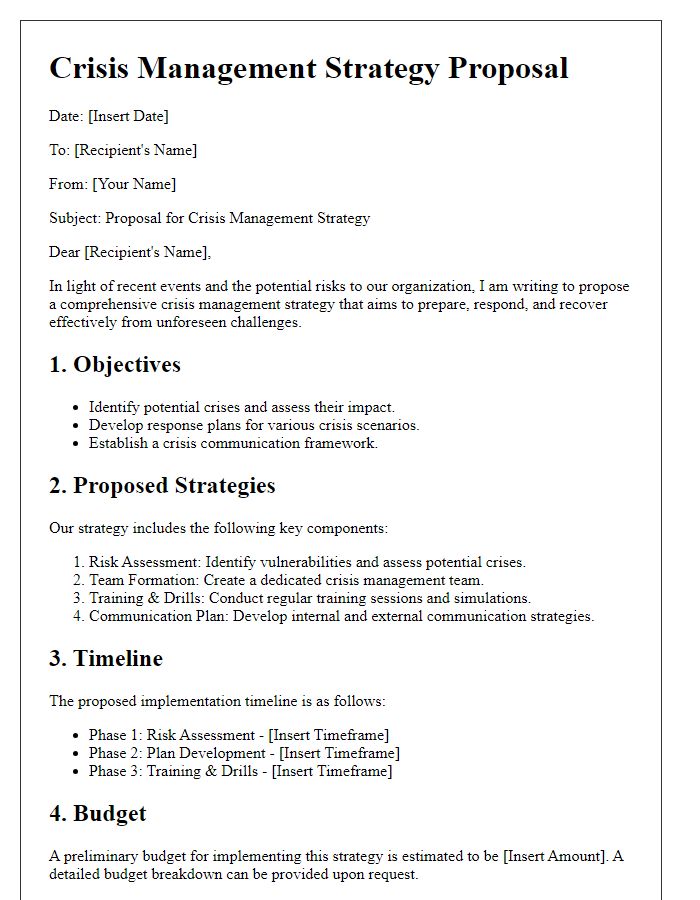
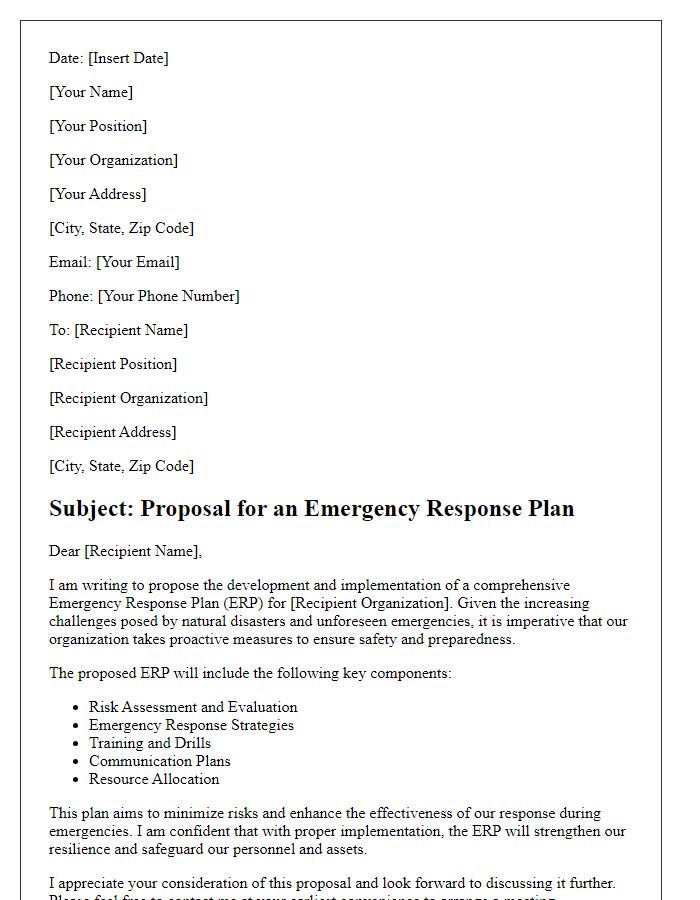
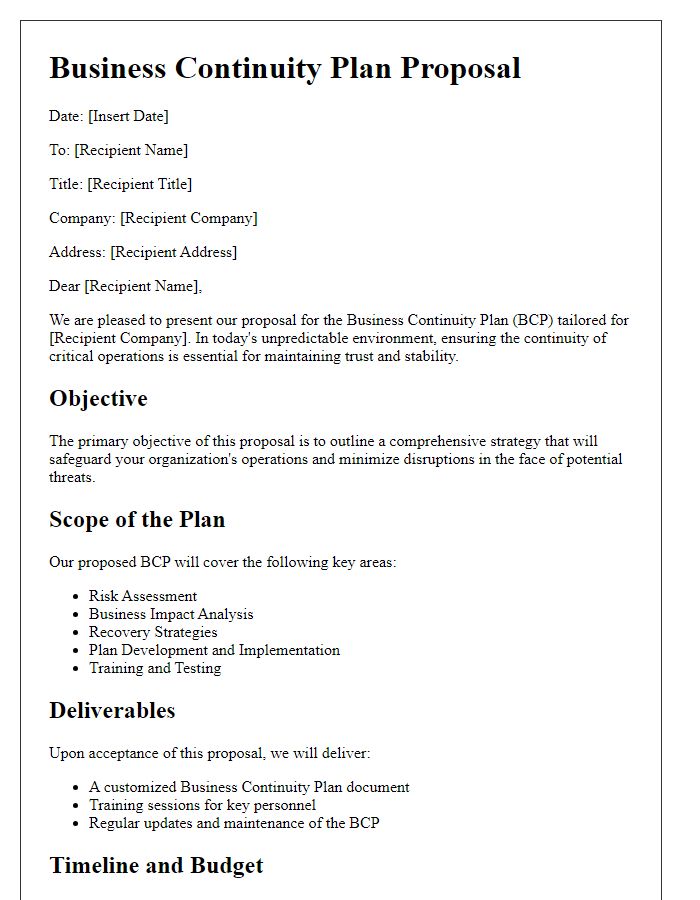
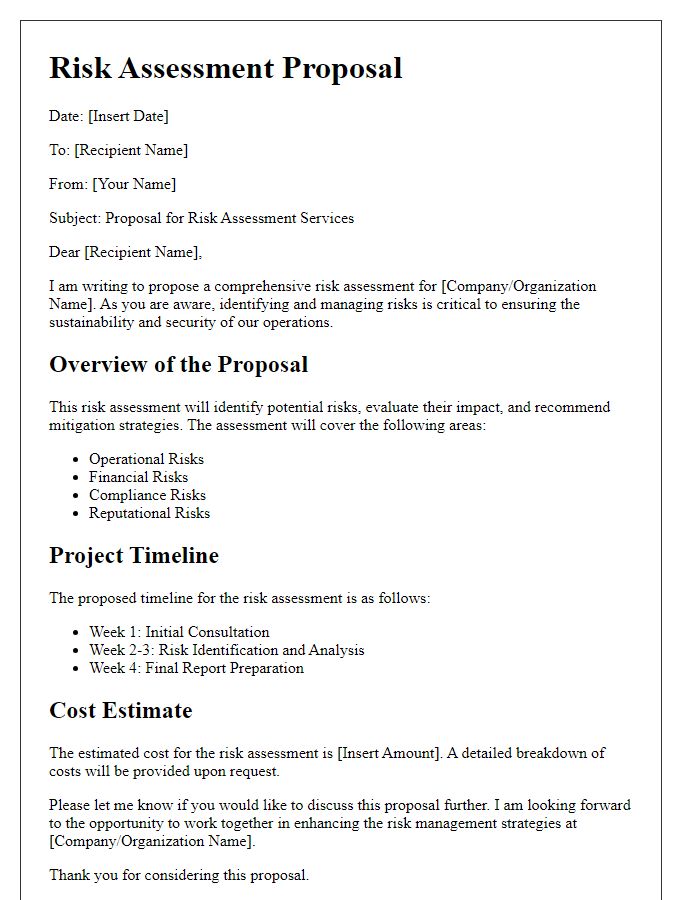
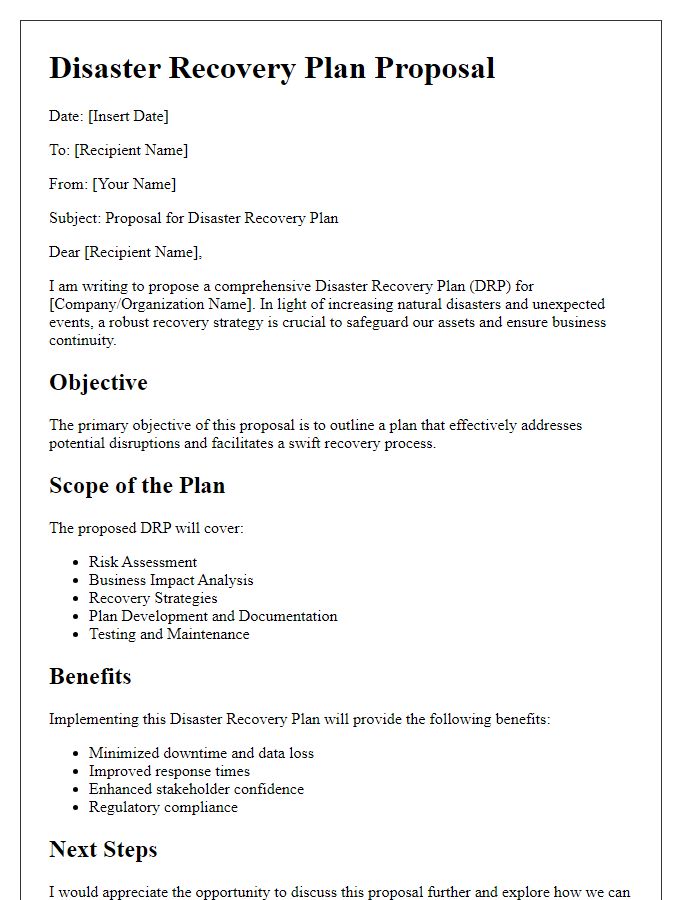
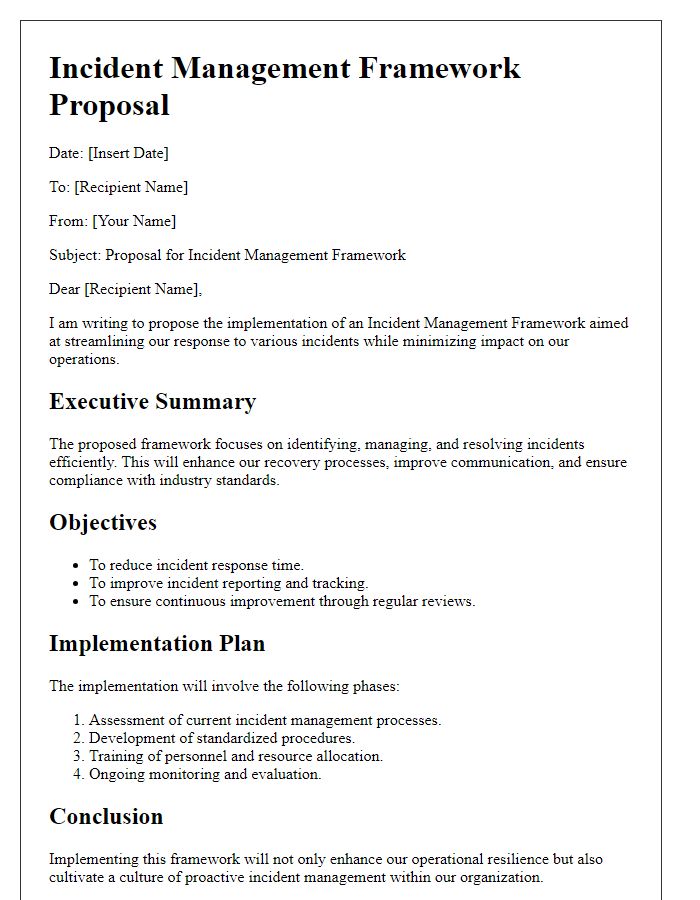
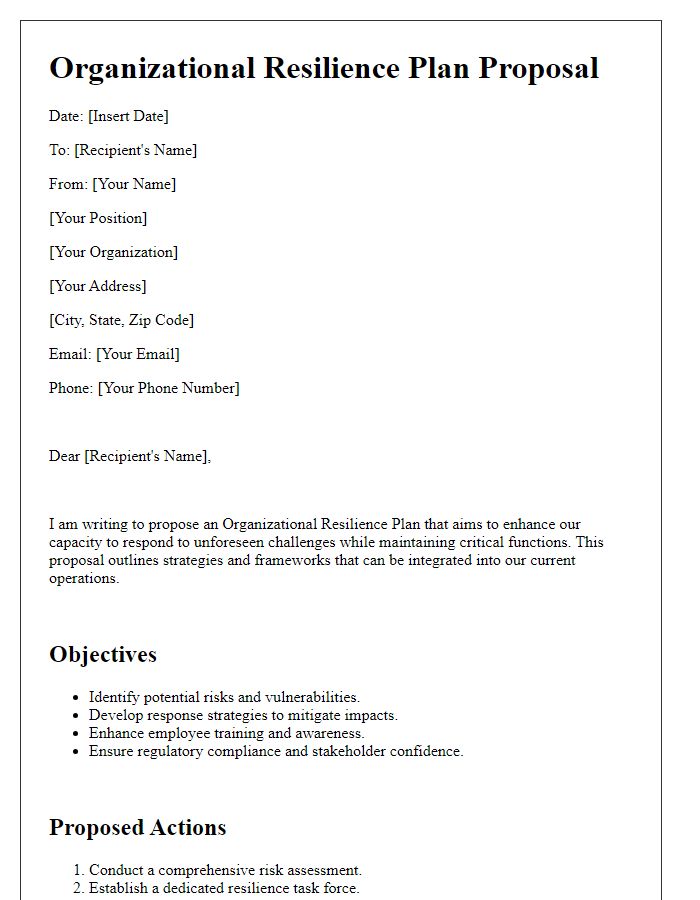
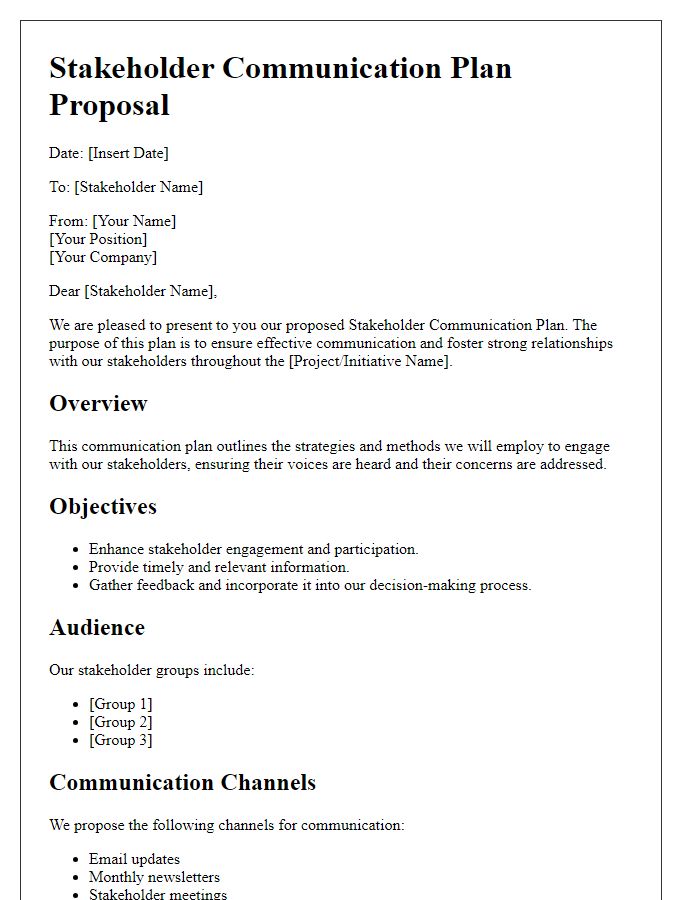
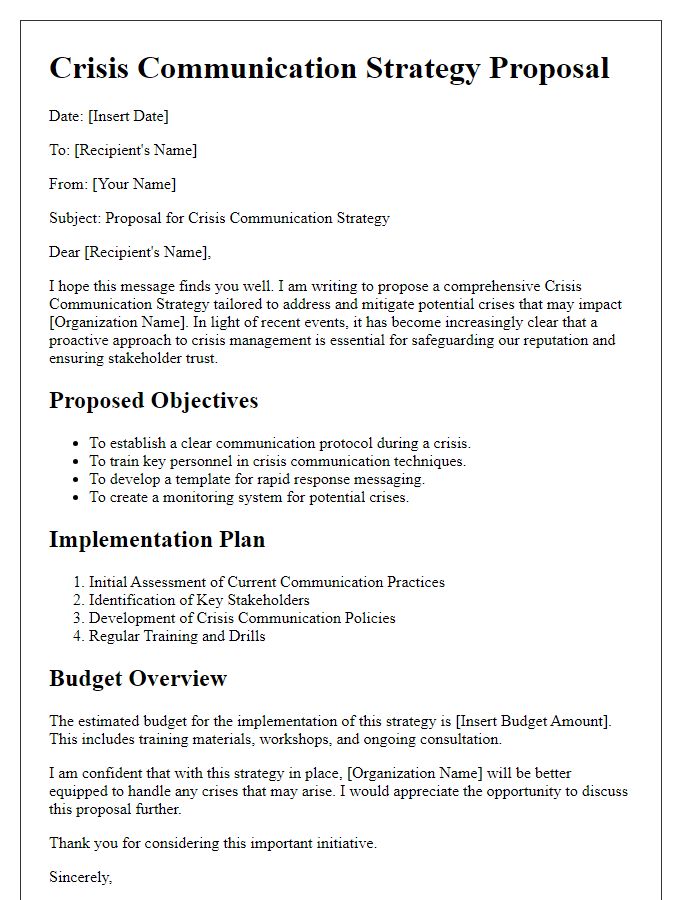
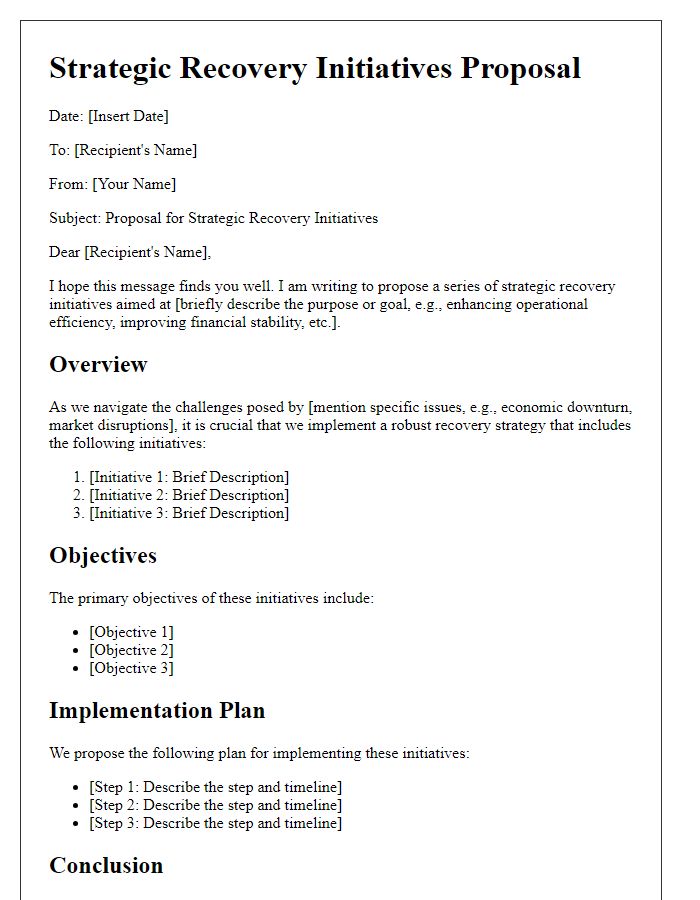


Comments